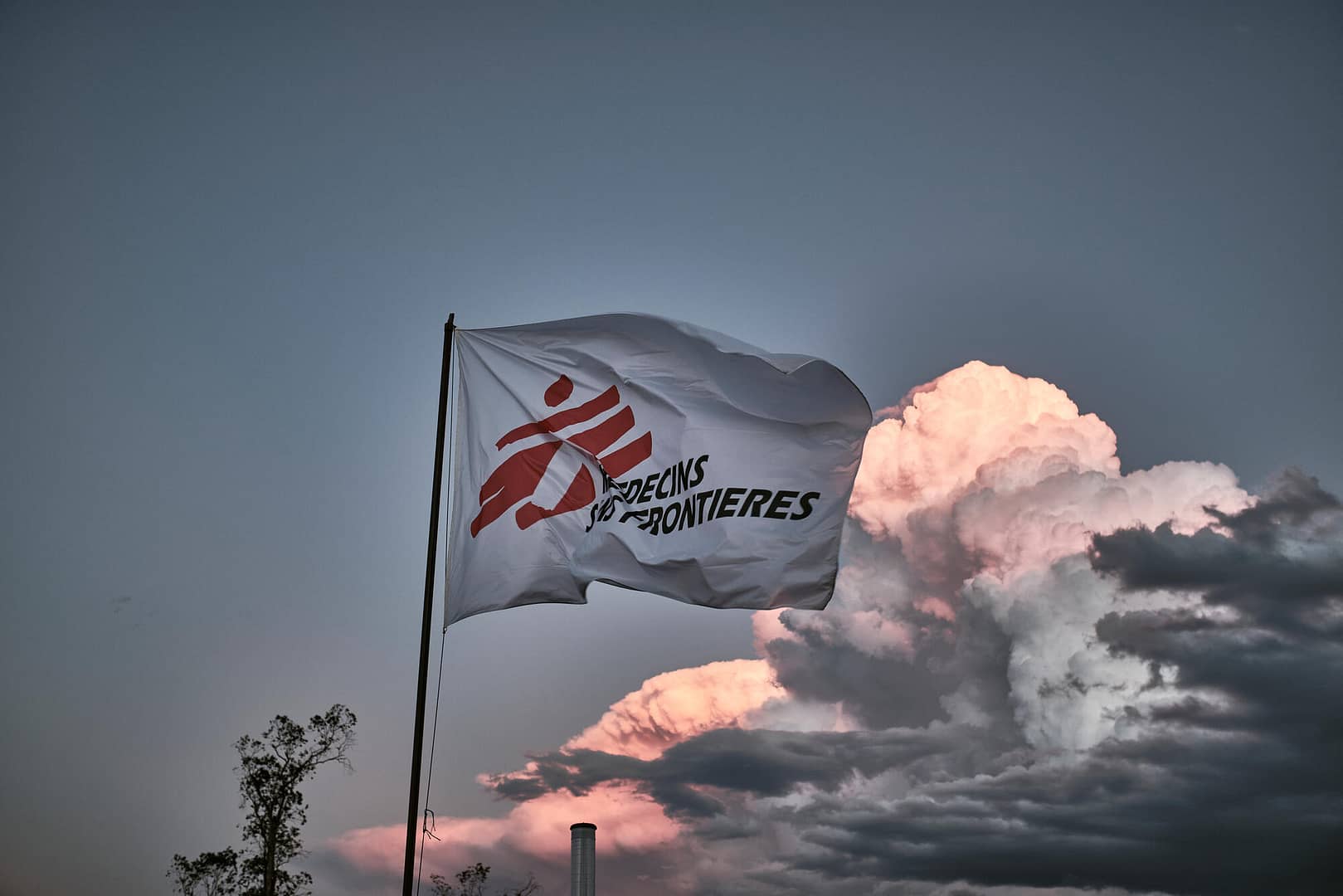The medical charity Médecins Sans Frontières (MSF) has raised the alarm over an impending health emergency among South Sudanese refugees who have fled to Ethiopia, citing a surge in cholera cases and widespread malnutrition.
South Sudan, the world’s newest nation after gaining independence in 2011, has been beset by conflict for much of its existence. A brutal civil war that broke out in 2013 left around 400,000 people dead before a power-sharing agreement in 2018 brought about a fragile truce. However, that peace has begun to unravel, with renewed violence erupting between forces loyal to President Salva Kiir and those aligned with First Vice President Riek Machar, who was placed under house arrest in March.
As fighting intensifies, between 35,000 and 85,000 South Sudanese refugees have crossed into Ethiopia, gathering in and around the border town of Mattar. MSF has warned that the local infrastructure is overwhelmed, leaving the displaced population vulnerable to a worsening public health crisis.

“With the return of waterborne illnesses such as cholera and acute watery diarrhoea, the situation is reaching breaking point,” the organisation said in a statement on Friday.
So far, MSF has treated approximately 1,200 cholera patients — a disease that can prove fatal in up to 20% of cases if left untreated. Malaria is also widespread, with over 40% of rapid tests returning positive. Alarmingly, nearly 7% of children under the age of five are suffering from severe acute malnutrition, MSF reported.
The charity has also relocated its operations from the border town of Burbeiye to Mattar, citing ongoing clashes between the South Sudanese army and an opposition faction. Since February, over 200 people with conflict-related injuries have received treatment in Burbeiye.
MSF is now urging all parties involved in the South Sudan conflict to guarantee safe passage for humanitarian workers and uphold the protection of civilians. The group also called on the international community to ramp up support for those sheltering in Mattar, where access to clean water, medical aid, and shelter remains critically low.

